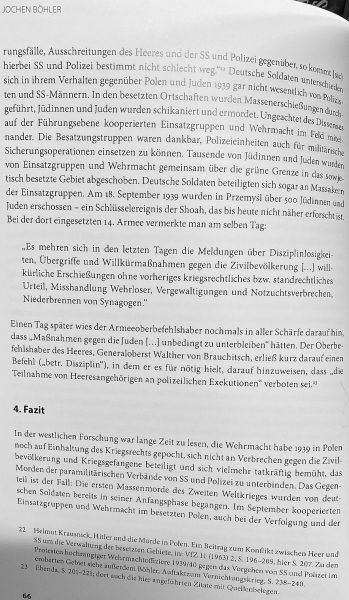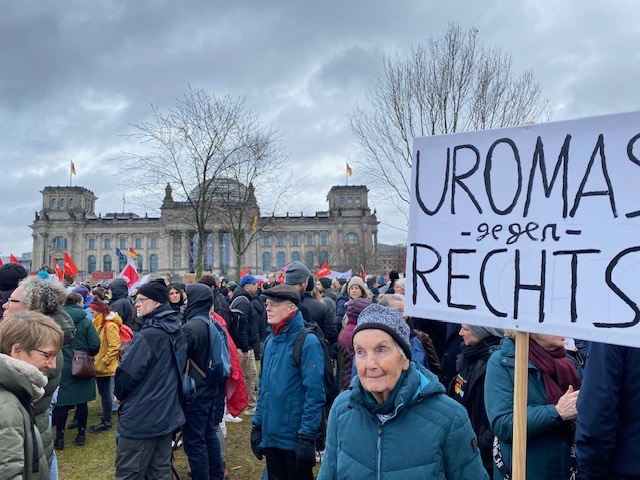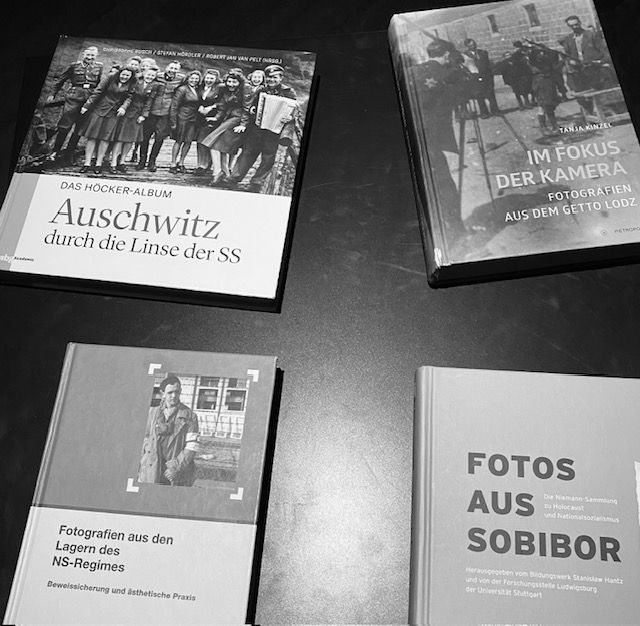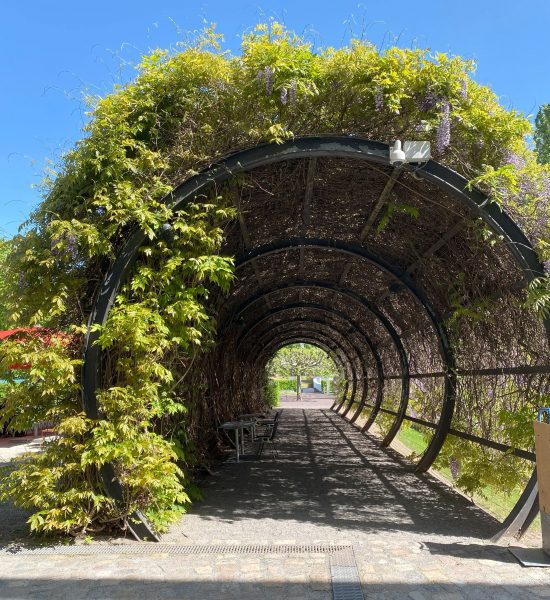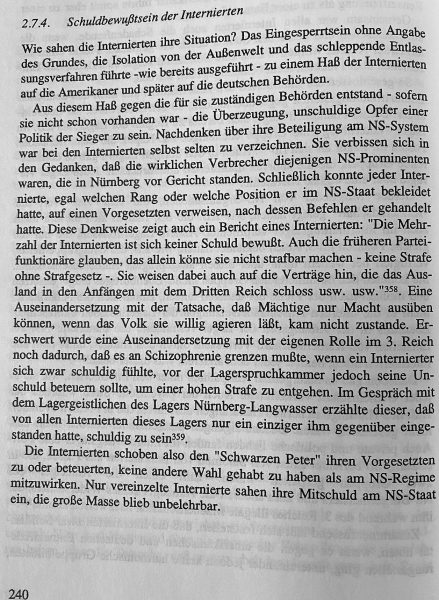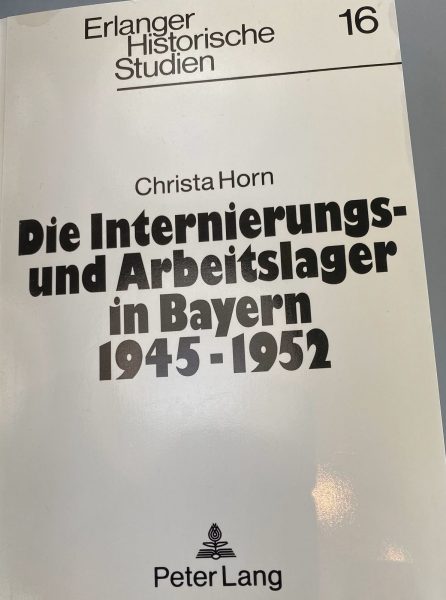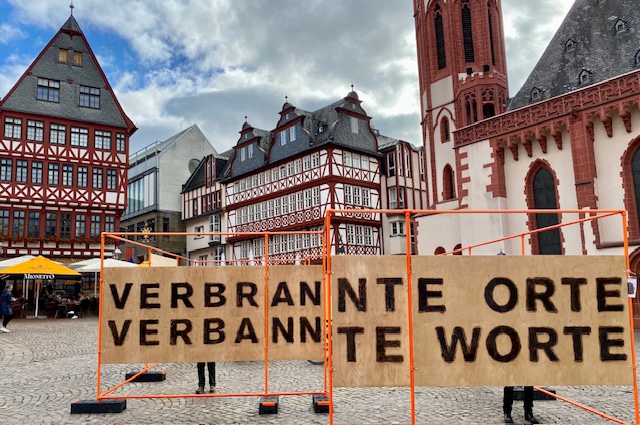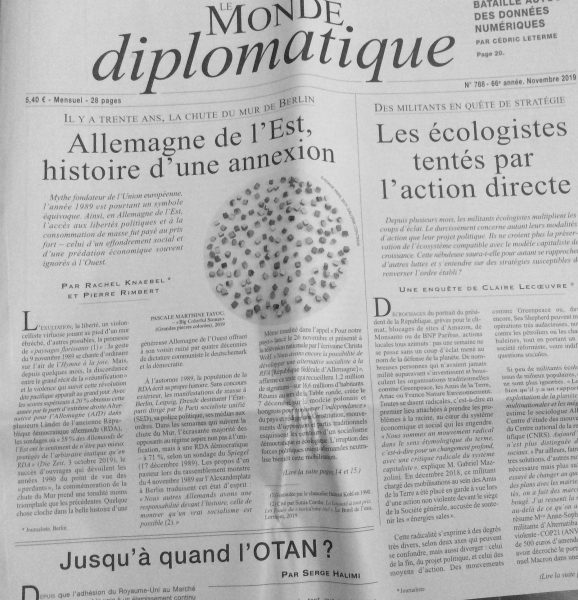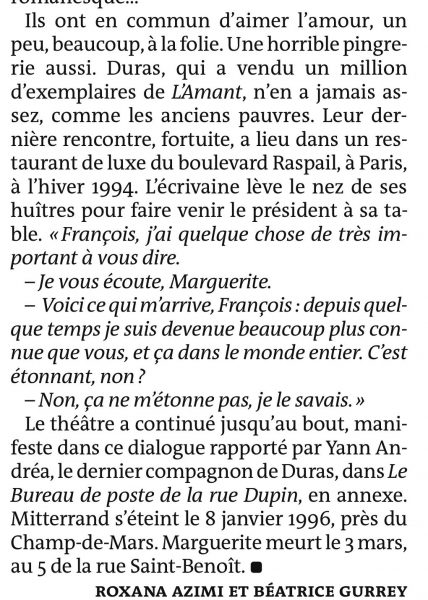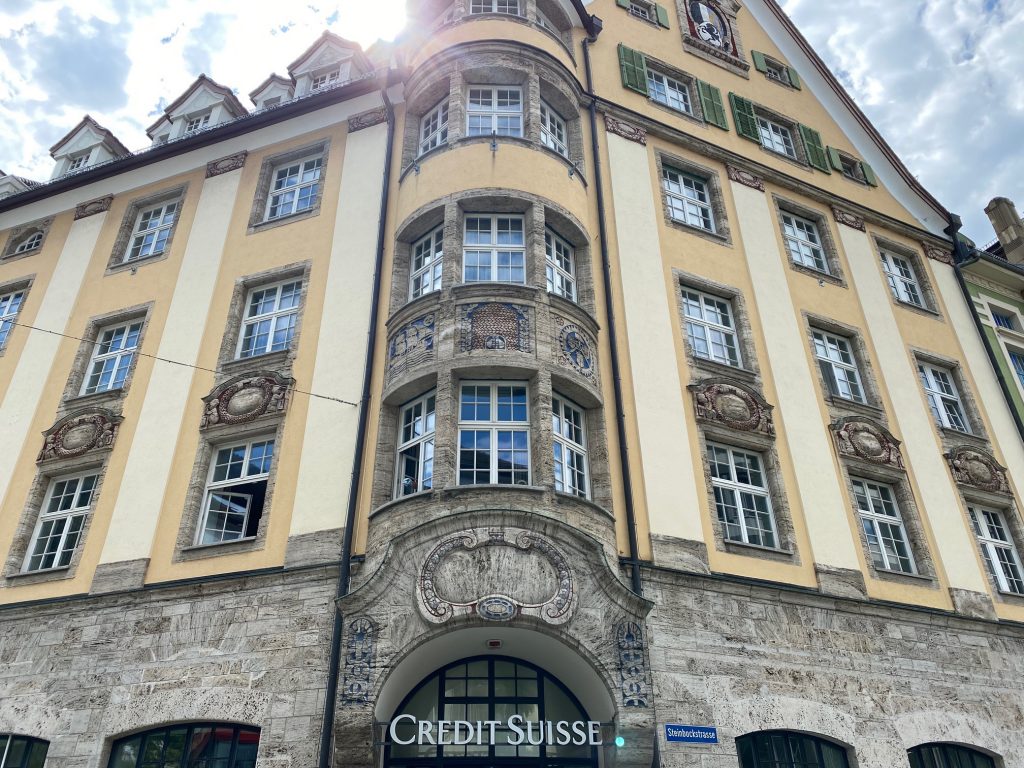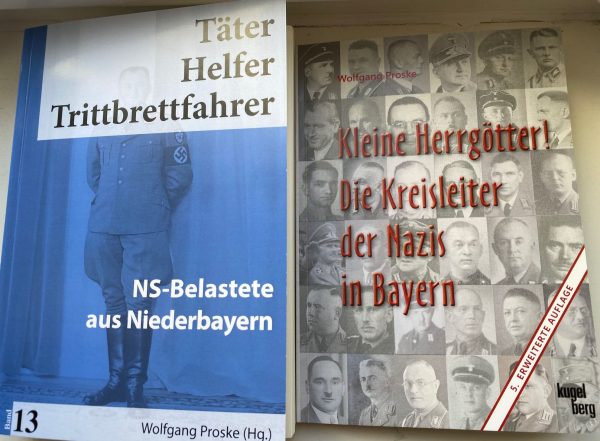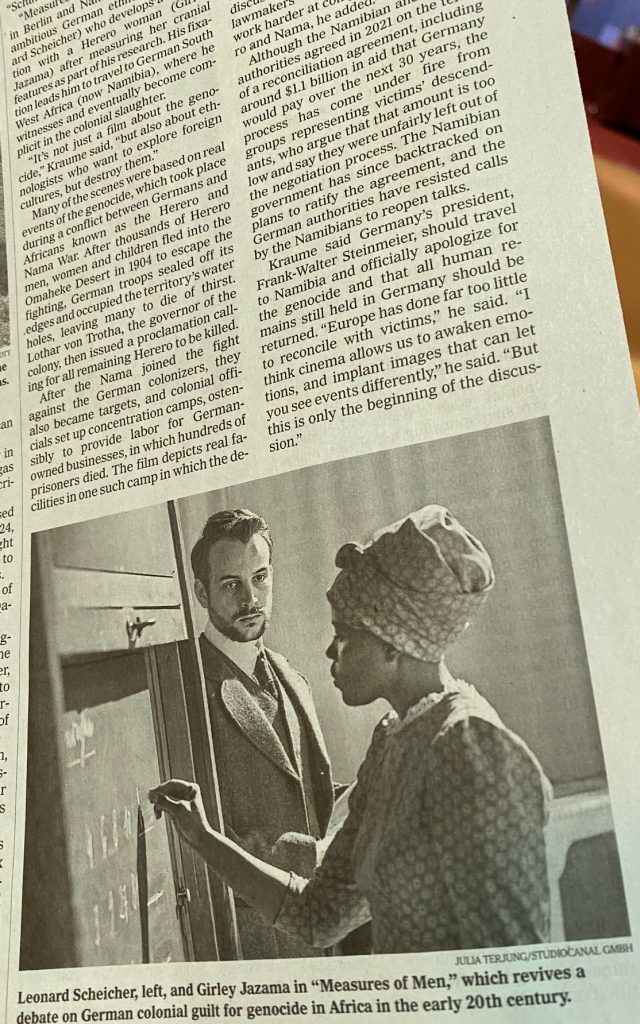Our Western democracies are aware that “deep fake videos”, radio, online-newspapers and most of all social media platforms are all around us already. However, more scientific voices alert us that this threat to our easy or comfortable way of life to consume information eventually threatens the survival of our democracies. Previously, interference in elections used to focus on rigged election procedures, but in the 21st century powerful other alternatives can do the dirty job to bias elections against the original intentions of the electorate. The widespread use of AI will exacerbate the already practiced ways to produce deep fakes. In a preparatory self-test of an AI-assisted chatbot I was surprised myself of the quality of the output. A person not very familiar with my original voice in a second language would assume that it is me who is being interviewed in person. Based on a fake news text, any form will be automatically translated into voice only and/or video based on basic visuals.
Statisticians used to joke some decades ago: “Don’t believe in any statistics, unless you faked it yourself.” This is meant to encourage people to be aware of dangers of the use of statistics to influence opinions or official decision-making, like in policy making of central banks, which might be based on biased accounting for shrinkflation, cheatflation or greedflation to name just a few,
Hence, the need to strengthen awareness, analytical skills and critical thinking should be high on the agenda to defend our democracies. There are not only external military threats, but additional ones masked as internal threats.
(Image:: mice as humans in living room 2 couch potatos 1 on rocking chair, tea time)




 It is the merit of Marie-Luise Conen and Zdravko Kucinar to let Milian Schömann live on in our time through the reprinting of some of his work, which is embedded in a well-written historical account of the political and family setting at that time. The professional psychological training of Marie-Luise Conen helps to reproduce the anxious atmosphere Milian Schömann has lived through, albeit he remained a productive writer despite the economic hardship and living in exile.
It is the merit of Marie-Luise Conen and Zdravko Kucinar to let Milian Schömann live on in our time through the reprinting of some of his work, which is embedded in a well-written historical account of the political and family setting at that time. The professional psychological training of Marie-Luise Conen helps to reproduce the anxious atmosphere Milian Schömann has lived through, albeit he remained a productive writer despite the economic hardship and living in exile.









